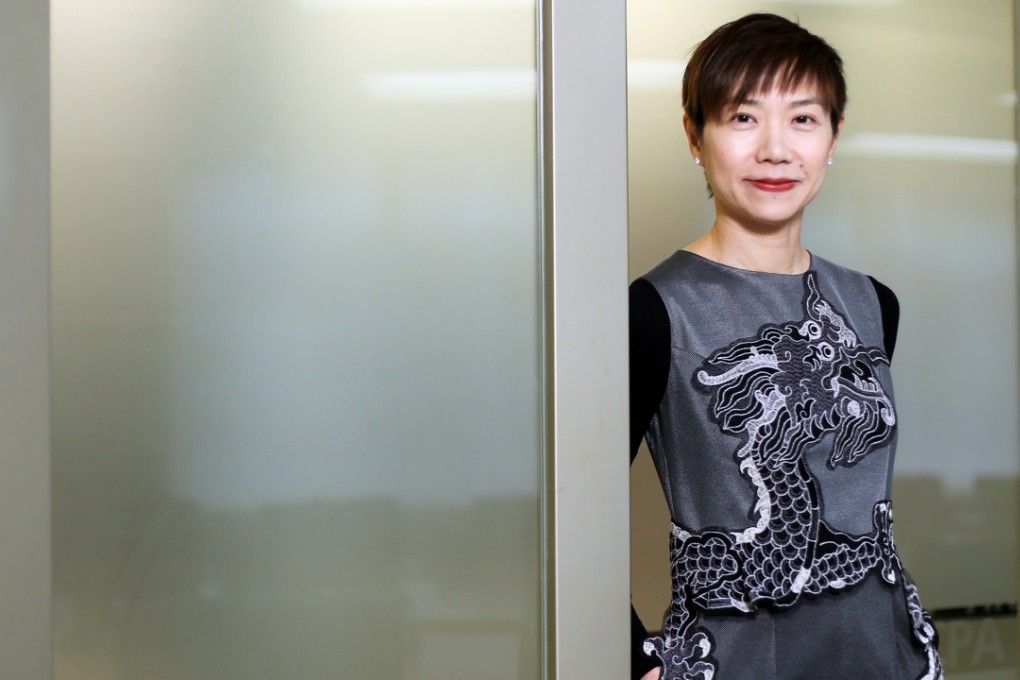New | Hong Kong accounting group fights for changes by government over audit reforms
Group says HK$10 million fine too steep for small players; may force several out of business

The Hong Kong Institute of Certified Public Accountants (HKICPA), the industry body representing 40,000 accountants in the city, will continue to fight for changes of a government proposed audit reform as they believe the HK$10 million fine on their members is simply too harsh, its newly elected president said.
“A proposed fine for HK$10 million maybe just too high particularly for some small and medium sized accounting firms,” Ivy Cheung Wing-han, newly elected president of the HKICPA, said in an interview with the South China Morning Post.
The government is now drafting a bill to be submitted to the Legislative Council in October 2016 to seek changes by shifting more regulatory power from the HKICPA to the Financial Reporting Council (FRC).
The government-appointed FRC, which was first established in 2007, has already taken over power from the HKICPA to investigate audit failures.
The new reform measure will also allow FRC to handle practice reviews and to discipline accountants, is also aimed at matching the international trend of letting an independent non-accountancy body handle the regulation of auditors.
Currently the FRC passes on the findings of its investigations to the HKICPA for the latter to decide on disciplinary action. The audit reform will change this and let the FRC be responsible for the disciplinary action, which Cheung also opposes.